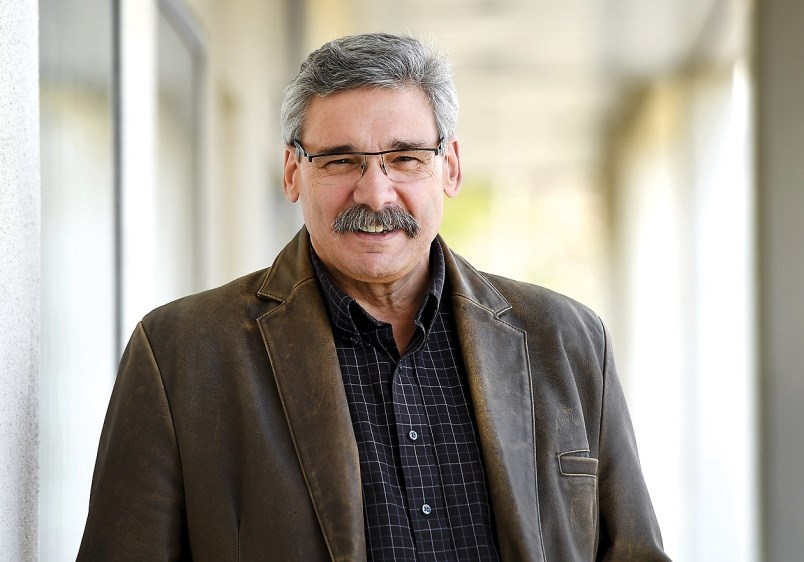Prince George-Mackenzie MLA Mike Morris is among those opposed to a plan by Canfor to continue spraying glyphosate-based herbicides on area forests for the next five years.
A 30-day comment period on the company's proposal to renew its pest management plan for sites under the company's jurisdiction in the Prince George Forest District ends Nov. 10. Comments can be sent to [email protected].
"I think it's misguided in my view," Morris said Thursday. "I think the public has spoken quite loudly over a number of years now about their concern over glyphosate.
"I think it reflects a myopic view of professional foresters and licencees in how they approach the forests. They don't look at all values, they're only looking at conifers and there is far more value in a forest than just our conifers."
Forest companies use the chemical to kill aspen and other broadleaf plants in areas that have been logged and replanted with trees of commercial value. Opponents have raised concerns about the effects of the chemical on wildlife and the health of forests in general.
In a letter sent out to area trappers, Canfor says the plan will come into force from the date a pesticide use permit has been confirmed by the Ministry of Environment.
But James Steidle of Stop the Spray B.C., says there is little that can be done to stop Canfor's quest to renew the plan. He said registering concerns during the comment period is a "meaningless exercise" because the company's only obligation is take reasonable efforts to consult those affected starting at least 45 days before the chemical is applied.
"The only thing we can do to stop this is to get the government to change the outdated legislation and regulations requiring conifer monocrop reforestation," Steidle said in an email.
"If we allowed more deciduous in our forests for fire-resistance, biodiversity, and wildlife, not to mention more diversified economic potential, the need to spray and brush would be seriously reduced if not eliminated."
Steidle said Canfor is targeting "vast regions" of forests arcing from the north to the southeast of Prince George and the plan would authorize the company to spray each of its cutblocks within the area up to two times.
Morris said he hopes to introduce a private members bill against the practice during the next sitting of the legislature, pending support from the rest of B.C. Liberal caucus.
With the exception of those within the forest industry, Morris said he has not heard any expressions of support for the use of glyphosate and maintained there are practical alternatives.
"You can brush by hand and let those broadleaf plants grow," Morris said. "It may slow down the process for the conifers for maybe eight or 10 years or so, but eventually nature provides the way forward for conifers to grow properly."
In an email, Canfor spokesperson Michelle Ward said that while the company is seeking to renew the plan, it is also significantly reducing its use of herbicide by increasing use of manual brushing and other practices.



